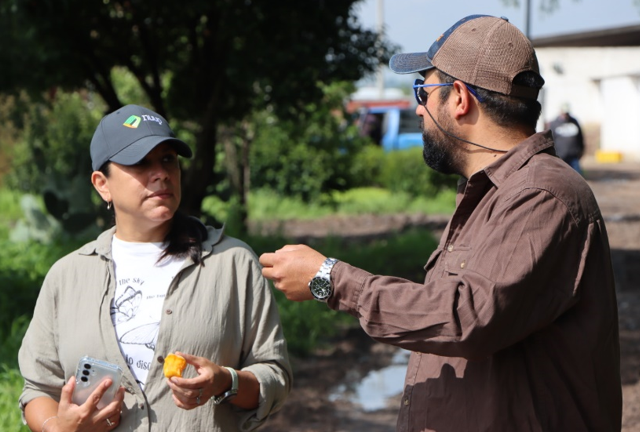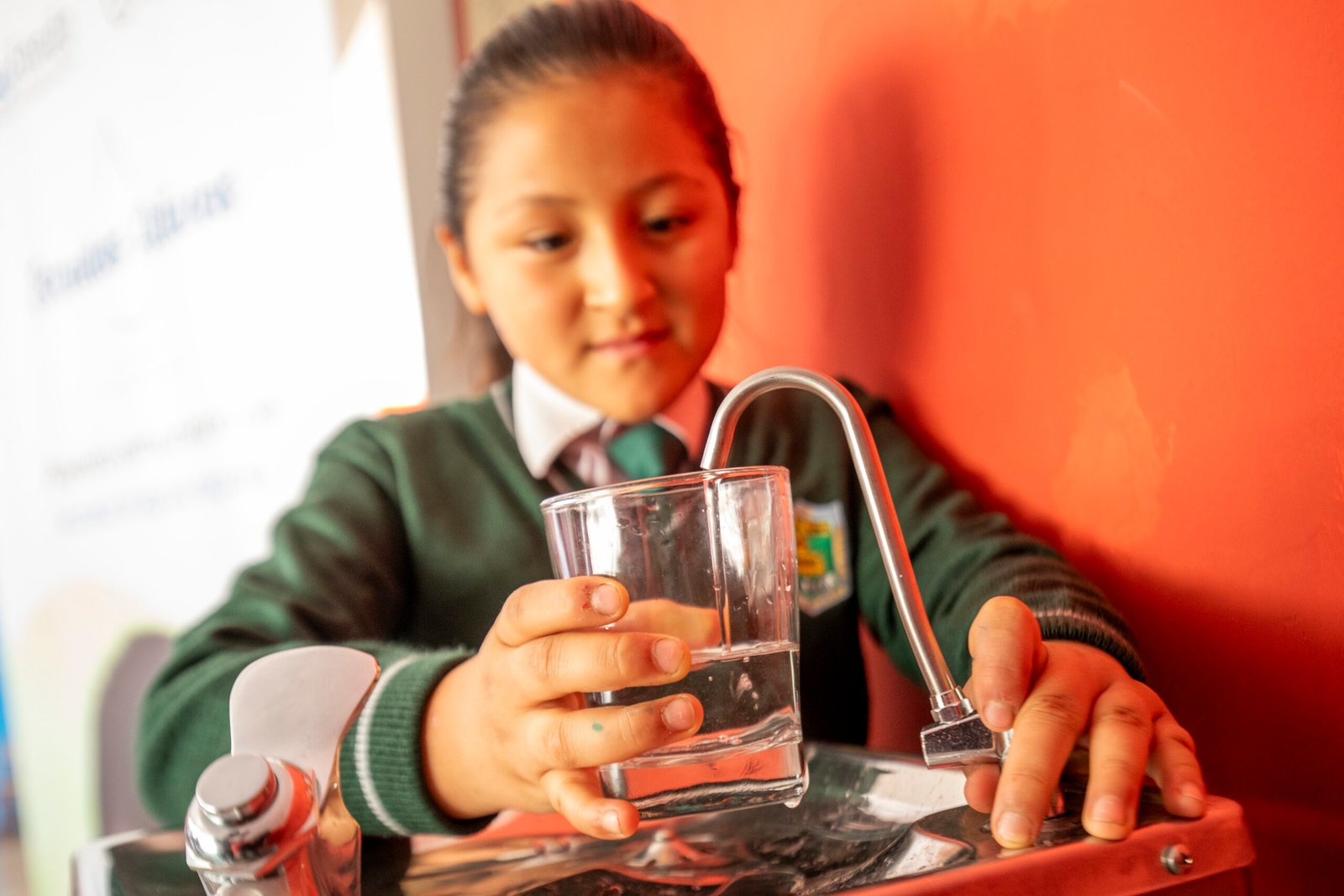Manuel Sauri – CEO of Agua Segura
At Agua Segura, we develop, manage, and implement water footprint mitigation projects across the continent. We’ve engaged with dozens of new communities and launched nature-based solutions and WASH (Water, Sanitation, and Hygiene) projects that have positively impacted thousands of families in the region.
For our team, the right to safe water is the driving force that pushes us to keep expanding our horizons and finding solutions to a problem that knows no borders. The water supply crisis affects nearly every corner of the planet and has been identified as the fourth greatest risk to society over the next decade. Food security, access to healthcare, soil and groundwater contamination, and the destruction of productive ecosystems are just some of the alarm bells ringing as we view the world through the lens of the “climate crisis.”
That’s why at Agua Segura, we insist on changing the way we approach the challenges of a development model that emphasizes the transformative opportunity of investing in green solutions. There’s no need to wait for change to happen elsewhere, at another time, or within large institutions. Any company that invests in water can generate a positive impact on its business model by increasing productivity, reducing commercial risks, developing secure supply chains, and strengthening both its social license to operate and its reputation.
This is the core of our company: getting global companies on board the water economy train by advising, supporting, and adapting impact programs to address the specific challenges each company faces. The power of our project lies in these strategic alliances, which help shape the society we want to live in—a world where everyone feels responsible for water and its use. Only then will it be a right accessible to all, enabling communities to thrive in safe ecosystems, while the private sector becomes a driving force for sustainable transformation and a leader in environmental stewardship.
This cooperation is already underway. The relationship between corporations and companies specializing in solutions to the socio-environmental crisis we inhabit is growing ever closer and more prosperous. Numerous projects are embracing this new understanding of the economy, where there is no business unless it is sustainable.
This overarching approach guides our strategic mission, for which we work every day, offering local solutions to global problems. We believe it sets a clear path toward reinventing the world we want to live in.





